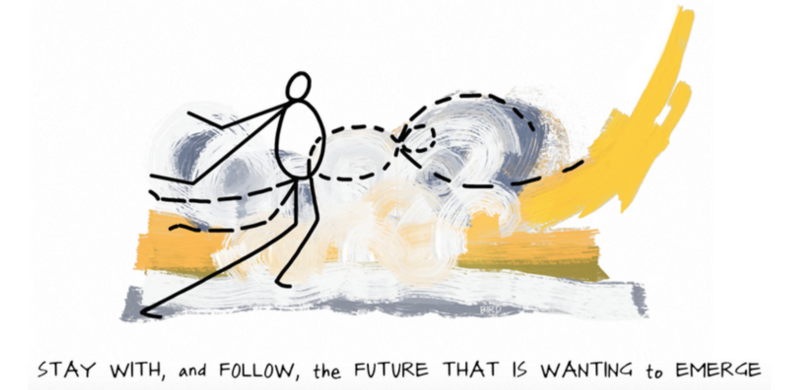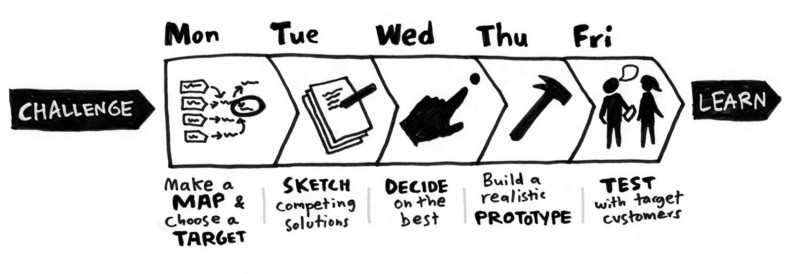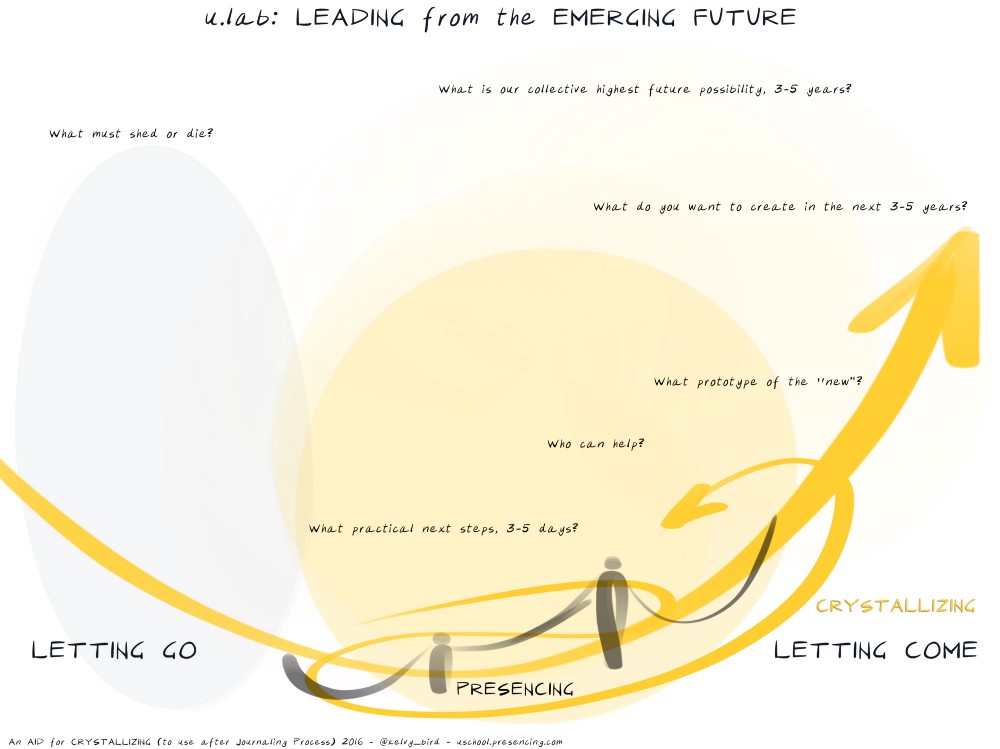The UbuntuLab Blog
smkhub
01 March 2018
No Comments
5 Traits Needed to be Relevant in the Global Emerging Future
I have a Your Authentic Self (YAS) video series that I post every week and last week I spoke on 5 traits needed to be relevant in the global emerging future. I received such great feedback from it that I decided to expand on it. Normally, this expanded material is for my subscribers list but I’m feeling generous so here goes!
We have a great privilege and responsibility that we cannot ignore: the future. But it is not only our own future that is at stake here but that of our fellow global citizens. My work has granted me the immense opportunity to travel to various countries and interact with an assortment of cultures and viewpoints. It is clear as day that humanity is connected and it is the strengthening of this connection that will be the foundation for building our global emerging future.

My question is this: are you ready for this future which will have a very different focus and metrics to how we look at people today? Here are 5 traits you will need to be relevant in this future; be it in business, relationships or social interactions, these traits will have you covered!
- Creativity
I cannot stress the importance of being creative, especially in a time where the majority use old ideas to fix new problems. Don’t think that being a creative is only reserved for people in arts or music, we are all capable of being creative! Our most precious mental talents are imagining new things and creating fresh ideas- this is how we change the world.
Tip: Creativity is a skill that needs to be continuously nurtured. Here is a quick way to spark it: spend time with kids. Play with them and see the world from their perspective. Let them make the rules and you simply just follow!
2. Adaptability
When I give workshops in different countries, they always vary. Althought the slides and material are the same, the audience is not. I tend to emphasise different points depending on the audiences’ reaction to my material. It’s called ‘reading the situation,’ a skill that allows you to adapt your initial approach, in real time, depending on your situation.
Tip: Be flexible enough to shift your ideas and processes, there is nothing that is set in stone. Take an idea you feel very strongly about and share it with 3 people. Allow them to critique your idea as well as add their own spin to it. Without judgement, ponder on their ideas and see if they can be applied to your initial one.
3. Unlearning
With so much new information that is constantly coming in, it is key to make space for it as well as drop what is not needed anymore. Think of unlearning as ‘spring cleaning’ yourself; hence you are letting go of all unnecessary infromation that is no longer relevant to you and the world. In doing do, you are streamlining your capacity to learn by holding onto ideologies, thought processes or habits that are expansive and can more easily cross-pollinate with others. You are also letting go of the ones that hinder co-creation and inclusivity.
Tip: Write a list of 5 core beliefs and or habits. Now for each, answer these questions: 1. does this belief/habit encourage inclusivity? 2. If I was to share this with someone from a different culture or background would they be able to adopt it easily and will it benefit them? 3. Can I unlearn this belief/habit?
4. Learning Quickly
Once you have shed all the unnecessary weight of irrelevance in your life, you now need to fill that space with something fresh, new and pertinent. To be effective in the future, you willl need to do this quickly. You learn fast by actioning new ideas and getting feedback, tweaking it and getting feedback again! The shorter this cycle, the more quickly you learn.

Tip: If you have an idea, give yourself a week to execute it. Ok depending on the idea a week maybe unrealistic! My point is just do it! You will learn from the responses people give to your theory, not by perfecting it on paper.
5. Authenticity
I define authenticity as that inner truth you have taken the time to discover and then express in you own unique way, unapologetically. It is the distinct expression of yourself that has been covered by all the facades that society often encourages. It is saying “this is who I am and I am proud,” regardless of what the majority say and do. In the future, this will be the metrics people will use to measure you. It is not something you can fake or put on a CV, it will show in your character.
Tip: Your intentions always reveal themselves, so take time to find your authentic self. Grab a piece of paper and write at the top of the page “Who am I?” Now answer this question as best you can, with no holding back. This is not for anyone else to see but you. Be as honest as you can be. If this is difficult to do then here is another tip: write a letter to your younger ten year old self communicating how things are and what to expect in the future. Comment on what to look out for and some of the decisions that have assisted and halted your life-journey.

Relevance in the global emerging future has to do with how expansive you are and how co-operative your ideas and approaches are to problem solving. It is how you view yourself and others’ and if your presence contributes to the bettering of the collective; irrespective of where you come from. It is removing the masks and tapping into what is real. It is being vulnerable and accepting the vulnerability in others’. It will be your ablity to stimulate growth. So start working on your relevance today- the future is now.
Recent Posts
Archives
Categories

We believe this is the duty of the Global Emerging Citizen: to solve problems for a world that is riddled with them and make the shift to a solution-orientated perspective that encourages critical thinking, creativity and expansiveness.
NEWSLETTER(c) 2018 Copyright. Social Media Konnect
www.socialmediakonnect.com

Recent Comments